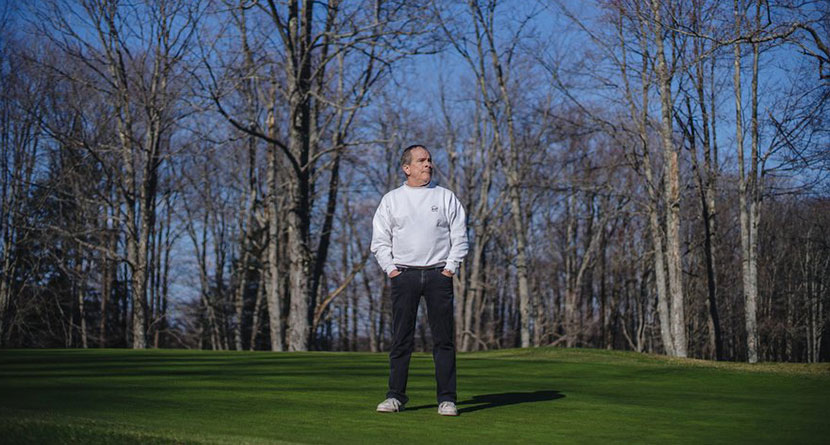Lawsuits brought to court by local small businesses, including a number of golf courses, are swelling as owners and general managers attempt to navigate the treacherous waters of remaining open during the COVID-19 pandemic.
From Pennsylvania to California, lawsuits have argued that state and local governments are overstepping their bounds in forcing businesses and courses to close.
A story in the New York Times over the weekend detailed the plight of Jim Roth, the general manager of Blueberry Hill Public Golf Course & Lounge in Russell, Pennsylvania, who is suing the state “demanding that the governor not hold absolute power to open and shut segments of the Pennsylvania economy like a spigot.”
“I do not understand why (Gov. Tom Wolf) is able to deem this business life-sustaining and this one not,” Mr. Roth said. “I think the governor might have overstepped his boundaries.”
Across the U.S., orders to stay home and to shutter businesses because of the coronavirus are being challenged by lawsuits alleging that the measures deny Americans their constitutional rights https://t.co/VLYEPVKeGg
— The New York Times (@nytimes) April 4, 2020
The Blueberry Hill suit, along with many others, are rooted in the Fifth Amendment, the Time story explains, which requires due process and guarantees compensation for property seized by the government.
“In Pennsylvania, Marc A. Scaringi, the lawyer for the golf course and others, said that the state’s Disease Prevention and Control Law, last amended in 1959, targets infected individuals,” the Times story, written by Neil MacFarquhar, reads. “It does not refer to pandemics, nor grant the governor the extensive power he is claiming under “other catastrophes,” Mr. Scaringi said, especially without due process. Finally, the list of banned businesses seemed to change at random, with even some of his original plaintiffs removed, he argued in court papers.”
The tricky part comes by way of public health and safety. Roth argued that the course would enact measures, such as limiting carts, banning touchpoints and enforcing social distancing to stem the spread of the coronavirus.
“The Wolf administration’s highest priority is protecting public health and safety,” the governor said in a statement when asked about the lawsuits.
Elsewhere, such as San Joaquin Country Club in Fresno, California, members are petitioning the local government to reopen courses under other statutes.
“By preventing members at private country clubs from using their facilities, you are depriving them of their private property rights and the rights of these individuals to the use and enjoyment of their private property without due process,” attorney Adam Stirrup said. “There is nothing in the governor’s orders that indicates private country clubs cannot be used for golf purposes as long as social distancing is maintained and restaurant facilities are closed.”
Lawsuits during the lockdown require emergency injunctions or similar measures, according to the Times story, and it is likely an uphill battle, according to legal experts.
“The general pattern in the middle of a crisis is that courts are very deferential,” Tom Burke, a political-science professor at Wellesley College who studies the politics of litigation, said.




